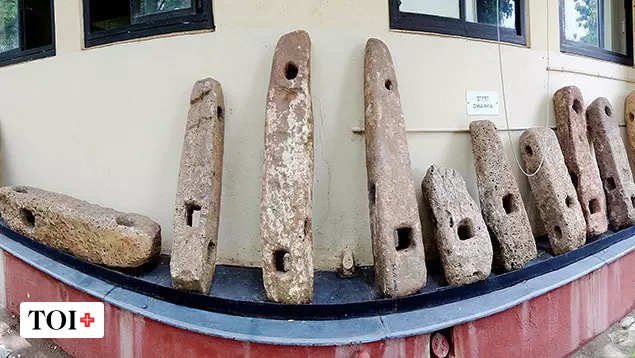Three South American indigenous communities are requesting Spain and UNESCO to declare the Spanish galleon San Jose, which sank 300 years ago near Cartagena, Colombia, as a “common and shared heritage” from which they should benefit. The galleon is believed to have carried a large collection of maritime treasures. The wreck was located in 2015, and Colombia announced plans to launch an underwater exploration mission to recover the artifacts.
The indigenous communities, including the Killakas, Carangas, and Chichas, claim that their ancestors extracted metals from mines in Bolivia under Spanish control, which make up half of the ship’s cargo. They are requesting to share in the proceeds of the ship’s salvage with Spain and Colombia. The indigenous communities see any intervention and appropriation of the galleon without their consultation as an act of plunder and neo-colonialism.
Colombia has proposed that Spain renounce its claim to the ship in favor of Bogota, which raises concerns about setting a precedent for the distribution of bounties from sunken colonial-era ships. The United Nations cultural agency, UNESCO, has received the petition from the indigenous communities, but their actions may be limited as Colombia has not signed the relevant convention to protect underwater cultural heritage. Spain views the San Jose as a ship of state and an underwater cemetery that should not be used for commercial purposes.











